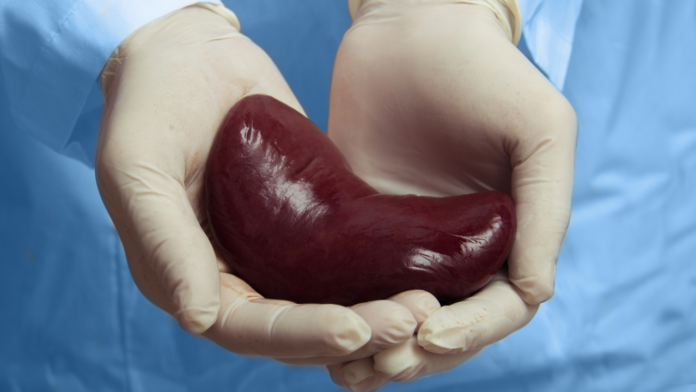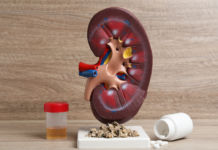Sponsored by: Renadyl™
A kidney transplant is a surgical procedure to place a kidney from a living or deceased donor into a person whose kidneys no longer function. People with kidney failure need dialysis or a kidney transplant to stay alive. If you are thinking of donating an organ, here are some important considerations and advice to keep in mind:
1. Educate yourself: Learn as much as possible about organ donation, the specific organ you are considering donating, the donation process, and the potential risks and benefits involved. Speak to medical professionals, transplant centers, and organizations specializing in organ donation to get accurate and reliable information.
2. Assess your motivation: Understand why you want to donate an organ. Make sure your decision is based on genuine altruism and a desire to help others. Consider the impact it may have on your own life and the lives of your loved ones.
3. Evaluate your health: Assess your physical and mental health to determine if you are a suitable candidate for organ donation. Consult with medical professionals to ensure that your organ is healthy and that donating it will not compromise your well-being.
4. Consider the long-term implications: Organ donation is a lifelong commitment. It may involve medical follow-ups, potential complications, and adjustments to your lifestyle. Reflect on whether you are ready for these long-term responsibilities.
5. Talk to your loved ones: Discuss your decision with your family, close friends, or anyone else who would be affected by your choice. Their support and understanding are crucial, and they may provide valuable insights or raise important concerns you may not have considered.
6. Research the legal and ethical aspects: Familiarize yourself with the legal and ethical considerations surrounding organ donation in your country or region. Understand the rights and responsibilities of both the donor and the recipient.
7. Connect with support networks: Reach out to support groups and organizations that assist organ donors and recipients. They can provide guidance, answer your questions, and offer emotional support throughout the process.
8. Follow the necessary procedures: Once you have made an informed decision, follow the appropriate procedures for organ donation in your country or region. Contact a reputable transplant center or organ procurement organization to initiate the evaluation process.
Remember, organ donation is a selfless act that can save or significantly improve someone’s life. By considering these factors and seeking guidance, you can make an informed decision that aligns with your values and ensures the best possible outcome for you and the recipient.
Learn more about our sponsor Renadyl here https://bit.ly/3sZDWbb
About the author
Steven Belcher, RN, MSN, MS, is a dedicated kidney advocate who began his journey 20 years ago as a dialysis nurse. This job inspired him to help as many people with kidney disease as he could. Not only did he spend two decades caring for a patient’s physical and emotional needs in a clinical setting, but he also educated the public on the risk factors of kidney disease. Some of his many philanthropic successes include being a keynote speaker at the National Association of Nephrology Technicians/ Technologists (NANT), presenting at community spaces, and launching radio shows.
He now focuses his time entirely on his organization Urban Kidney Alliance, which educates the public about kidney disease. His goal? To lower rates of Chronic Kidney Disease in urban communities in Baltimore, Maryland, across the country, and globally through education and collaboration.
Steve has also written the book “HOW TO SURVIVE OUTPATIENT HEMODIALYSIS: A GUIDE FOR PATIENTS WITH KIDNEY FAILURE.” You can read the book review here.
*These statements have not been evaluated by the US Food and Drug Administration. This information is not intended to diagnose, treat, cure, or prevent any disease. Always consult with a qualified healthcare professional prior to beginning any diet or exercise program or taking any dietary supplement. The content on our website is for informational and educational purposes only.




